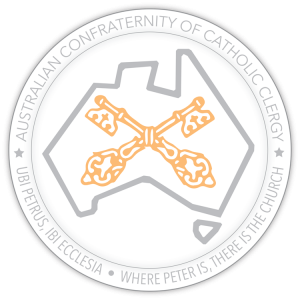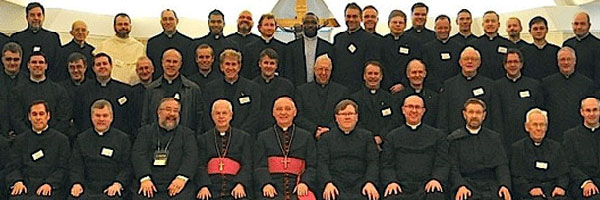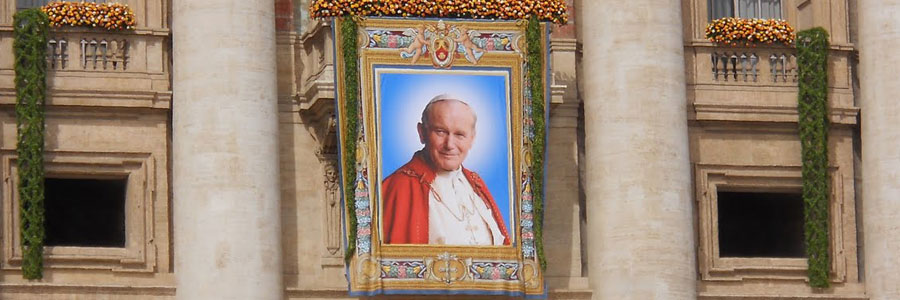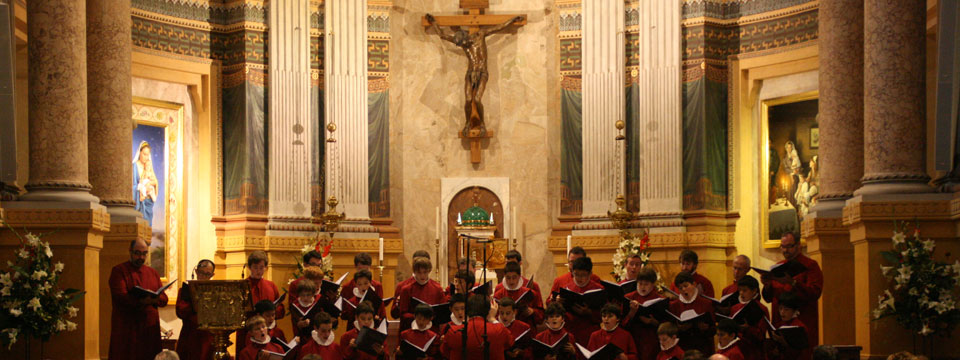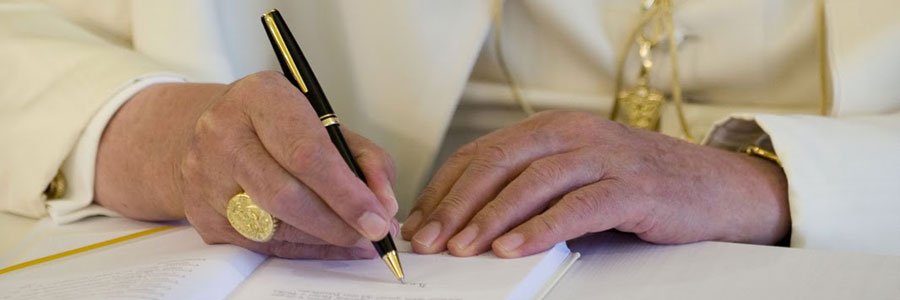The membership of the Australian Confraternity of Catholic Clergy wishes to voice its profound objection to the laws passed in the Australian Capitol Territory, South Australian and Tasmanian legislatures requiring priests to break the seal of confession.
Catholics profess that Christ instituted the Sacrament of Penance for the forgiveness of sins committed since baptism. Ordinarily, absolution may be granted only after an integral auricular confession.
Given that the nature of sin involves the sinner’s guilt before God, and absolution entrusted by Christ to the priest who must make a judgment as to the sinner’s genuineness of repentance, the seal of the sacrament applies to the penitent’s personal relationship in conscience with God, and as such is not merely a matter of canon law, but of Divine Law, from which the Church has no power to dispense. No priest is bound to keep any human law that attempts to undermine the absolute confidentiality of confession.
Since priests cannot and will not follow such a law, the intention to protect children and vulnerable adults is thwarted by the ill-judged nature of the legislation which indicates a radically inadequate understanding of the Sacrament.
The notion that a culture of concealment motivates priests to maintain a veil of secrecy over what transpires in the Sacrament of Penance misreads both the real motivation of priests and the practicalities of confession. Several impracticalities have been pointed out already in the media. It may be of use here to restate some of them in the light of further implications: If, for example, the penitent confesses from behind a screen, how can the confessor know for certain who is confessing? or, how can the penitent be certain the confessing priest is who he or she thinks he is? or, how will a conviction beyond reasonable doubt be secured except by police entrapment? Since penitents do not need to specify (beyond kind and number) the details of their sins (such as place, time, names, etc.), the information would be too vague to incriminate anyone in any case.
The ACCC strongly desires the protection of children and vulnerable adults from abuse, and the eradication of predators from the opportunity for their crimes. These laws do neither, and, in addition, create a precedent in Australia for the violation of religious freedom by the overreaching of the state into the domain of the sacred.
It is to be hoped that calmer deliberations might prevail, that these ill-judged laws be revoked, and that other states and territories do not replicate such laws.
Rev. Fr Scot Anthony Armstrong (PhD), Chairman
on behalf of the Executive of
the Australian Confraternity of Catholic Clergy
2 July, 2018
